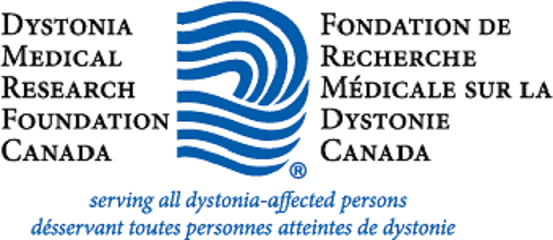Some Golden Rules of Caregiving:
1. Identify yourself as a caregiver. A caregiver is anyone who provides unpaid care for someone who is ill, frail or disabled. People caring for a family member do not always define themselves as caregivers. But the fact is you are also a caregiver!
2. Know your right to benefits. The person you care for may be entitled to a number of different benefits (please refer to the following sections for details on tax benefits).
3. If you feel you need help, ask. Caring can be hard work, stressful and isolating, so many caregivers need their own support. This can come from a friend or relative but also from a fellow caregiver, support group or an online connection. Please contact us at info@dystoniacanada.org. We’ll see what we can do to provide you with appropriate contacts.
4. Tell your doctor. Your personal physician ought to offer caregivers regular health checks and may be more flexible on appointments. They may also refer you to additional support where necessary.
5. Take breaks. Caring can be a full-time job. Take a respite break to relax and recharge your batteries. Options such as a few days’ residential care for a patient may apply if you are a principal caregiver. Daytime or night-time sitting services, day care centres and support with holidays might be available.
6. Eat well. Caring can be time-consuming. You may form a habit of not eating properly or frequently. It is important that you look after yourself, not least because you need your strength and health in order to be available to help.
7. Get adequate sleep. Sleep is vital for health. You will quickly start to feel the effects if you are not getting enough. If the sleep pattern of a patient is too disturbed to allow you to get enough sleep, you may need to request night-time help as part of your assessment of needs.
8. Get a hobby. It is not possible for anyone to spend 100% of their time ‘on the job’. You need other activities to maintain a balanced life. If necessary, you can ask for respite support to enable you to do this.
9. Engage your patient’s participation. Keep in mind that dystonia patients need to be independent too. Involved them in helping out if and when they can. Give them time, space and routines to accomplish things on their own, at their own pace. This in turn will give you time for yourself.
10. Always make time for you.
